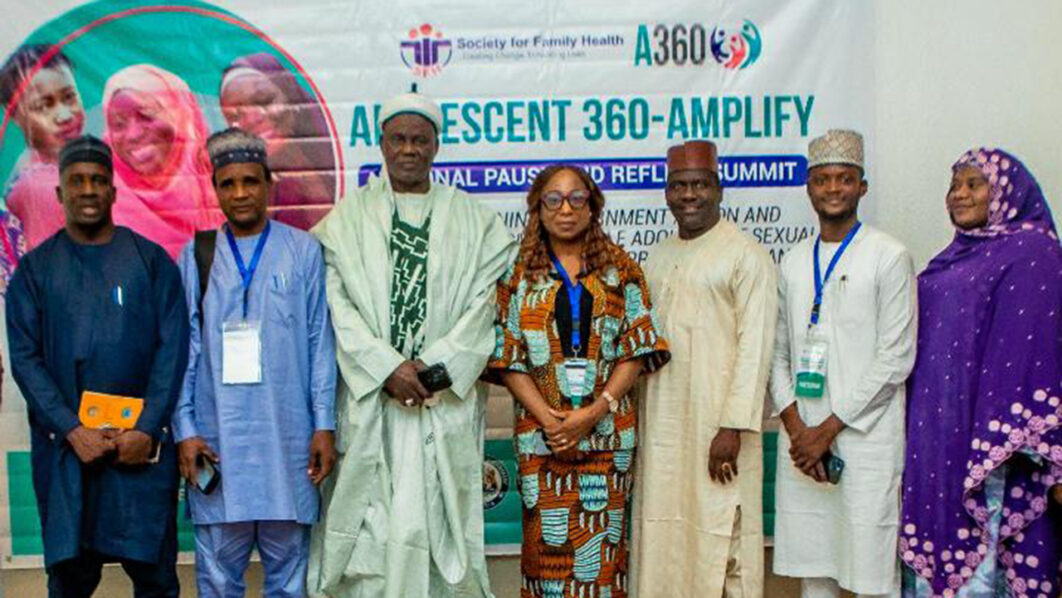
The Society of Family Health (SFH) has begun to address barriers to accessing modern contraceptives for Nigerian girls toward achieving a contraceptive prevalence rate of 27 per cent by 2030.
The initiative carried out with young people through Adolescent 360 (A360) Amplify project with the support of the Federal Ministry of Health (FMOH) focuses on adolescent girls between the ages of 15 to 19, which is being funded by Bill & Melinda Gates Foundation and Children Investment Fund Foundation and currently being implemented by SFH in Jigawa, Kaduna, Kano and Nasarawa.
Lead, A360 project, Roselyn Odeh, who spoke at an event organised by A360 project, themed: “Strengthening Government Action and Ownership for Sustainable Adolescent Sexual Reproductive Health Programming and Development in Nigeria,” said the programme will exceed the targeted number of adolescents it initially planned to reach and confirmed reaching 663,000 girls.
“We estimated to reach about 768,000 adolescent girls in Nigeria and as of today, we have reached 663,000 and we still have a year to go and we are going to surpass this number,” she said.
According to her, the programme would enable reflections on the strides being made in Adolescent Sexual and Reproductive Health (ASRH) ecosystem and chart a path towards sustainable, government-led programming that will ensure no adolescent girl is left behind by 2025.
Odeh said the gathering was an important avenue to share new findings and discuss ways to improve the programme to better serve Nigerian adolescents, especially for the states they are working for. “We are working with girls of 15 to 19 years to build and strengthen their capacity to lead a healthier life while making informed decisions around their health and development,” she said.
She called on the government to ensure that the work continues after the expiration of the programme to ensure that the intervention is not only sustained but scaled up to people yet to reach.
SFH Managing Director, Dr Omokhudu Idogho, explained that SFH’s 360 is playing a strategic role in addressing barriers to modern contraception among adolescent girls by working closely with government partners to support Nigeria’s ambitious goal of achieving a 27 per cent Modern Contraceptive Prevalence Rate (MCPR) by 2030.
Idogho noted that the journey has yielded impressive gains by supporting the expansion of youth-focused service delivery to 1,717 Primary Health Centres (PHCs) representing 47 per cent of PHCs in focal states.
“This strategy is proving a workable solution to discontinuation, which is one of the main challenges of contraceptive use in the country. We have recorded approximately 264,626 continuous contraceptive users representing 42 per cent,” she added.






